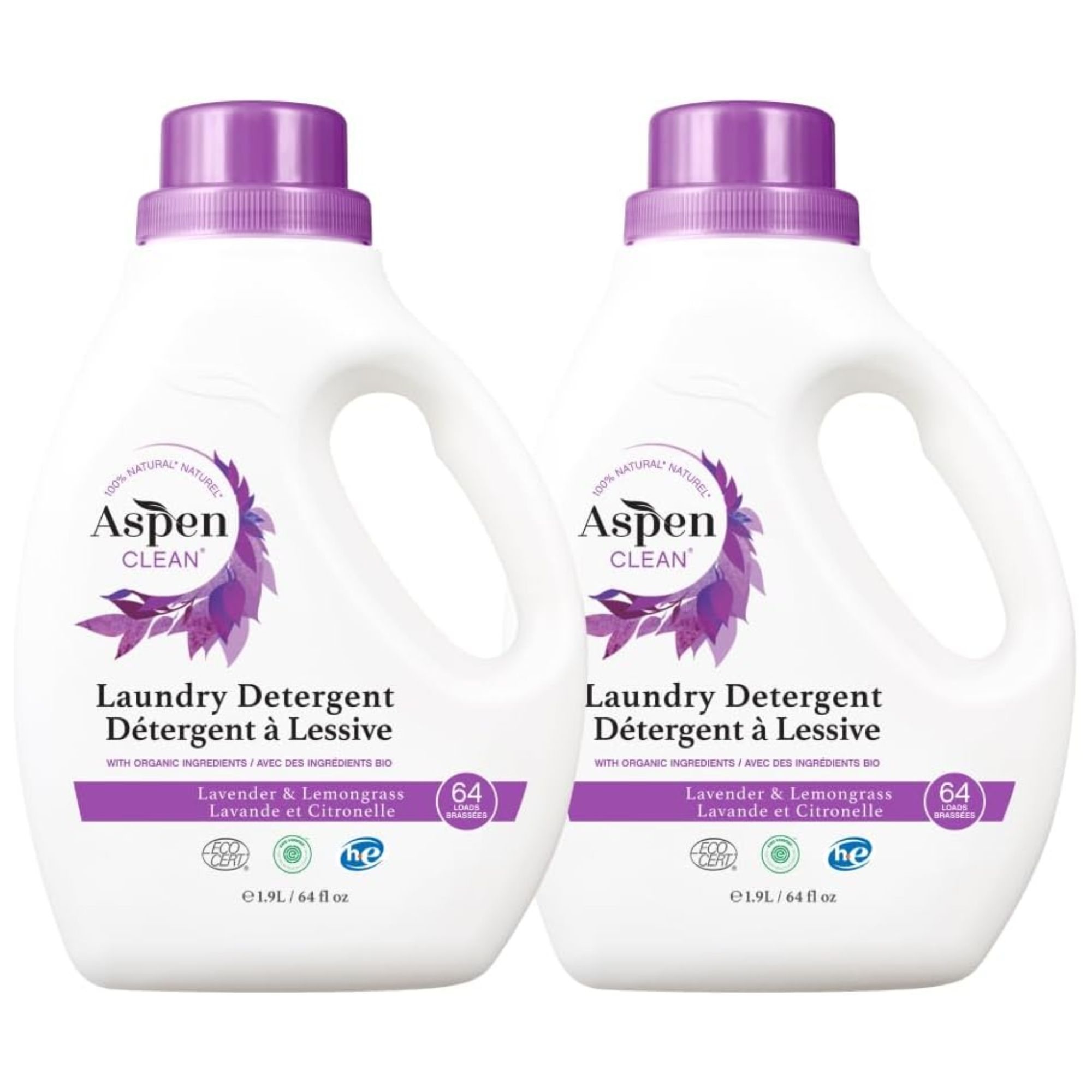5 warning signs you're using the wrong amount of detergent – avoid greasy residue, stiff fabrics and skin issues with these simple cleaner-approved tips
Plus, why it's important to get the amount just right


Love it or hate it, doing laundry is a necessary evil for clean, soft, great-smelling clothing and linens. But, one simple mistake could put all of these sought after benefits at risk.
Simply using too little – or too much – detergent can leave your laundry dirty, greasy and stiff, with visible residue that makes leaves you needing to run another cycle.
Here, laundry experts share their laundry tips and expertise on the five tell-tale signs you're using the wrong amount of detergent, to keep fabrics fresh without compromising on feel.
Signs you're using the wrong amount of detergent
1. Your clothes are still dirty after a wash

Using too little or too much detergent both have adverse outcomes
There is something so disheartening about pulling your wet clothes out of the machine and finding them still stained, smelly or dirty. This, says Tom Ceconi, president of Heritage Park Laundry Essentials, is a surefire sign you're using too little detergent.
'The signs you're using too little detergent are fairly obvious: dirt, stains and odors are still on your laundry,' he says. Tom suggests pre-treating or spot treating soiled areas, either with an enzyme stain remover, such as the Shout Active Enzyme Laundry Stain Remover Spray available at Amazon, or a concentrated application of detergent, before rewashing according to directions and laundry symbols.
'Try not to put any laundry that has been "under washed" in the dryer, as that can set the stains and make them harder to remove,' he adds, as this is a laundry mistake to avoid at all costs.
Learn more in our dedicated guide on how to do laundry properly.
Design expertise in your inbox – from inspiring decorating ideas and beautiful celebrity homes to practical gardening advice and shopping round-ups.
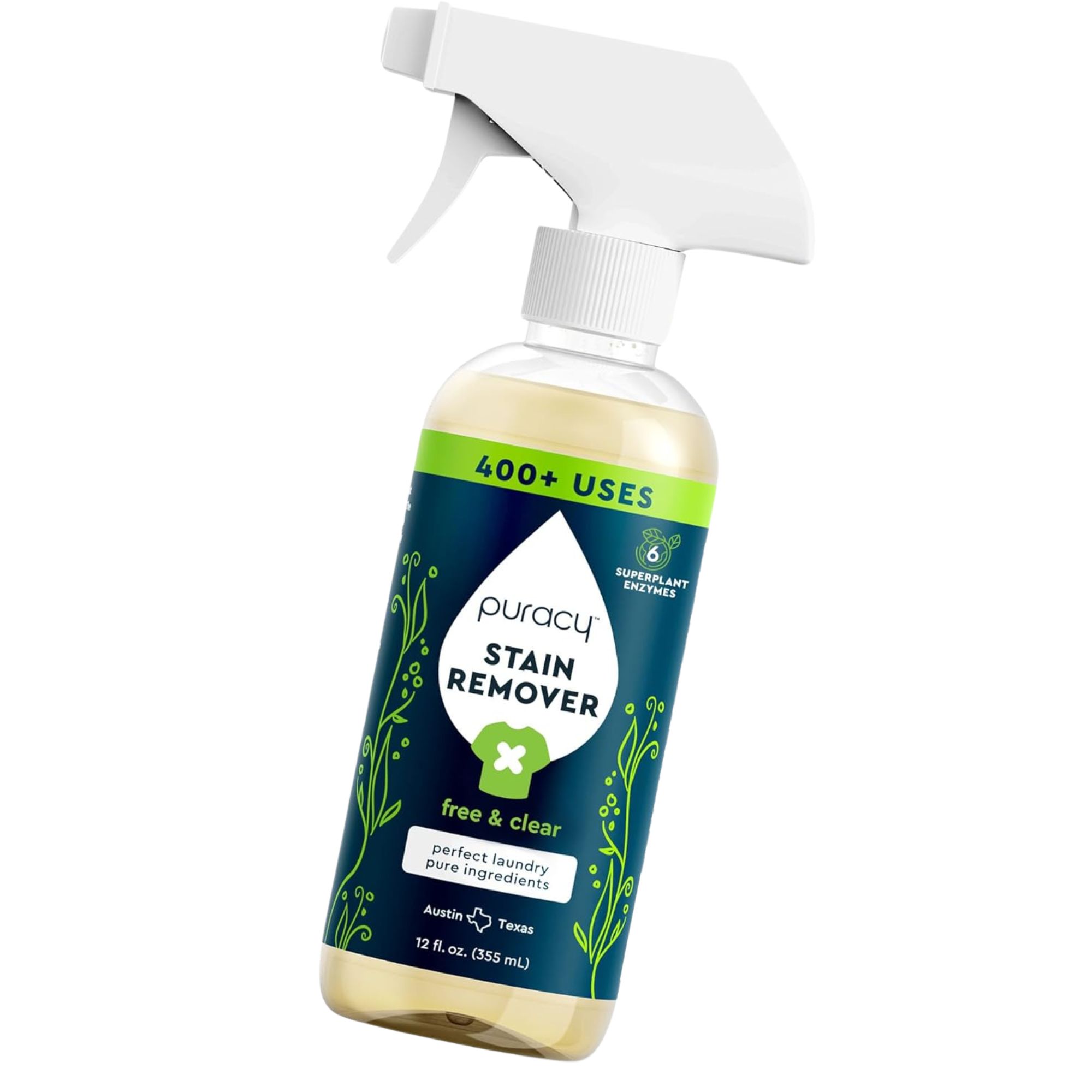
Made with plant-based enzymes, this natural mineral cleaner clears all fabric stains and effectively neutralizes odors with its unique and gentle formula.
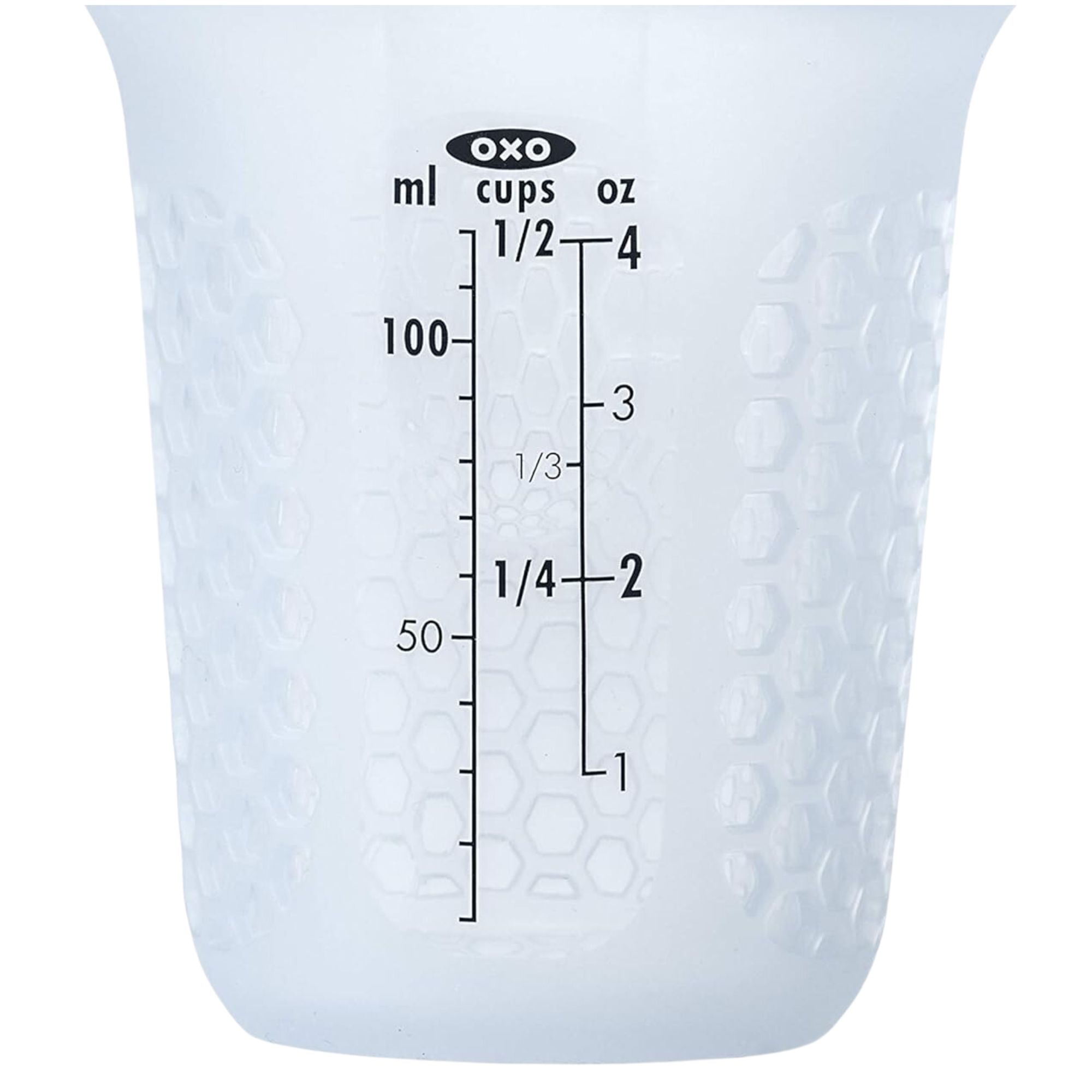
This flexible measuring cup is ideal for ensuring you use the correct amount of detergent. It's made of BPA-free silicone, which is durable and non toxic.
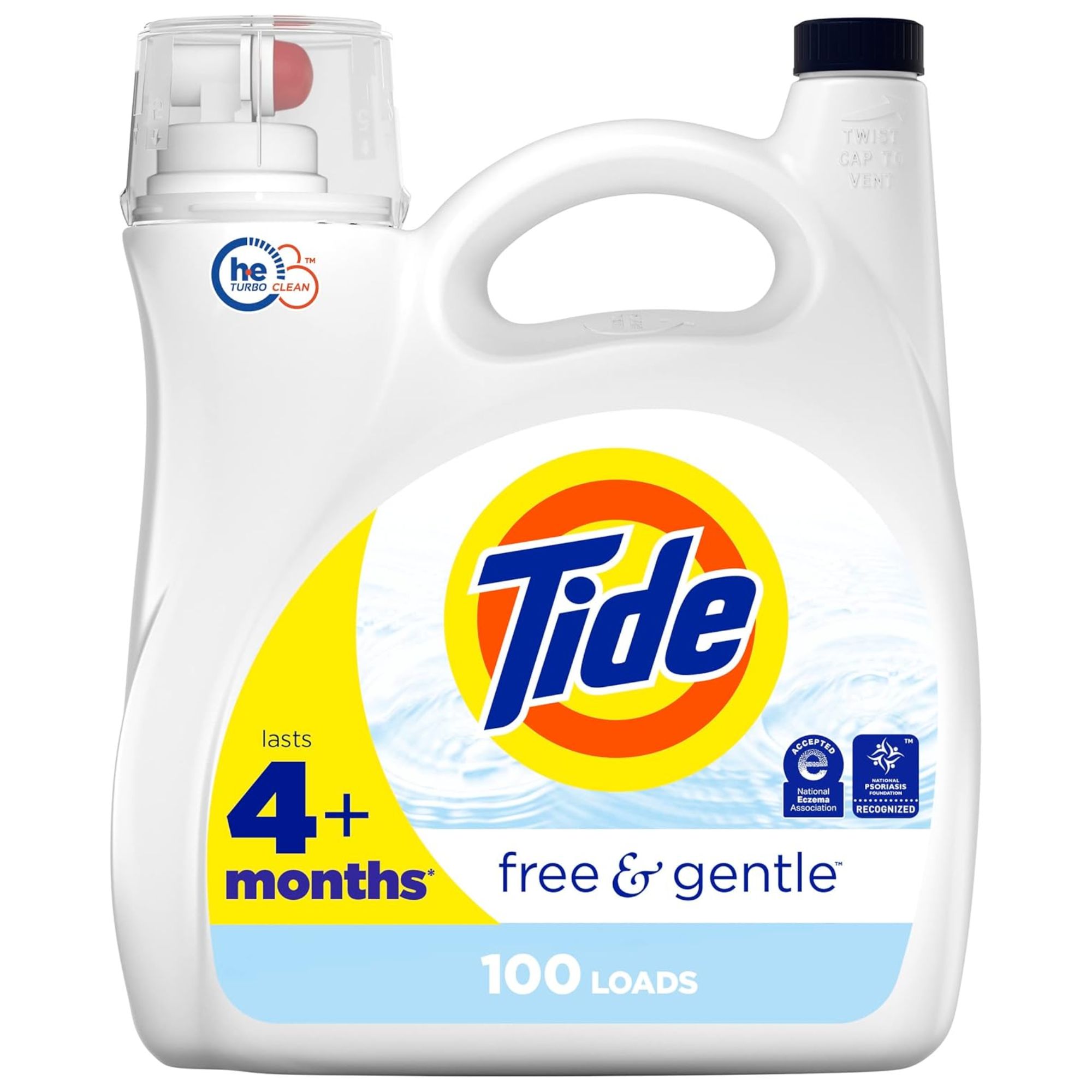
This hypoallergenic laundry detergent is made without perfumes and dyes, for a deep clean that's gentle on skin and your machine.
2. Your laundry is greasy or oily

If your laundry is coming out oily, you may need to experiment to figure out the detergent issue
This one is a little more tricky to decipher, as both using too much and too little detergent can leave laundry greasy or oily.
Alicia Sokolowski, cleaning and laundry expert and co-CEO of AspenClean, explains, 'Using too little detergent can leave behind oils and body grease, especially on activewear or kitchen towels.'
Too much, and the detergent itself can leave a sticky, oily feel. This is more common than ever with the best washing machines using less water to protect the planet and help you be more sustainable at home.
'Rewash the clothes with the correct amount of detergent, using hot water if the fabric allows,' advises Alicia, important as there are items you should never wash in hot water to protect them from damage.
'For stubborn grease, pre-treat with a natural stain remover or a concentrated laundry liquid,' she adds.
3. Visible residue

Spotting signs of residue left on your clothing and linens may be a result of overloading your machine
Overloading your machine isn't just a laundry habit ruining your laundry and washing machine – it also prevents proper rinsing, and risks leaving a filmy, sticky residue on fabrics.
Taylor Sutherland, president at Charlie's Soap, says, 'The ugly truth of the detergent market is that almost any detergent will leave some level of residue, even when used correctly. When used incorrectly, problems compound. Sometimes, you'll see detergent residue like undissolved powder or blue goo, but, more often than not, those residues are invisible.'
So, to avoid any significant washing machine mistakes if do you notice any residues, laundry expert Alicia recommends rewashing your items with less detergent and avoiding overloading the drum. 'Use a detergent that rinses clean without leaving behind any residue,' she adds.
If this isn't enough to remove the traces, and your clothes still feel tacky, laundry expert Tom suggests using white vinegar in laundry, without any additional detergent. 'Then, run it again with a half-cup of baking soda,' he says. Using baking soda in laundry, along with vinegar, is particularly effective for refreshing, reviving and keeping towels soft.
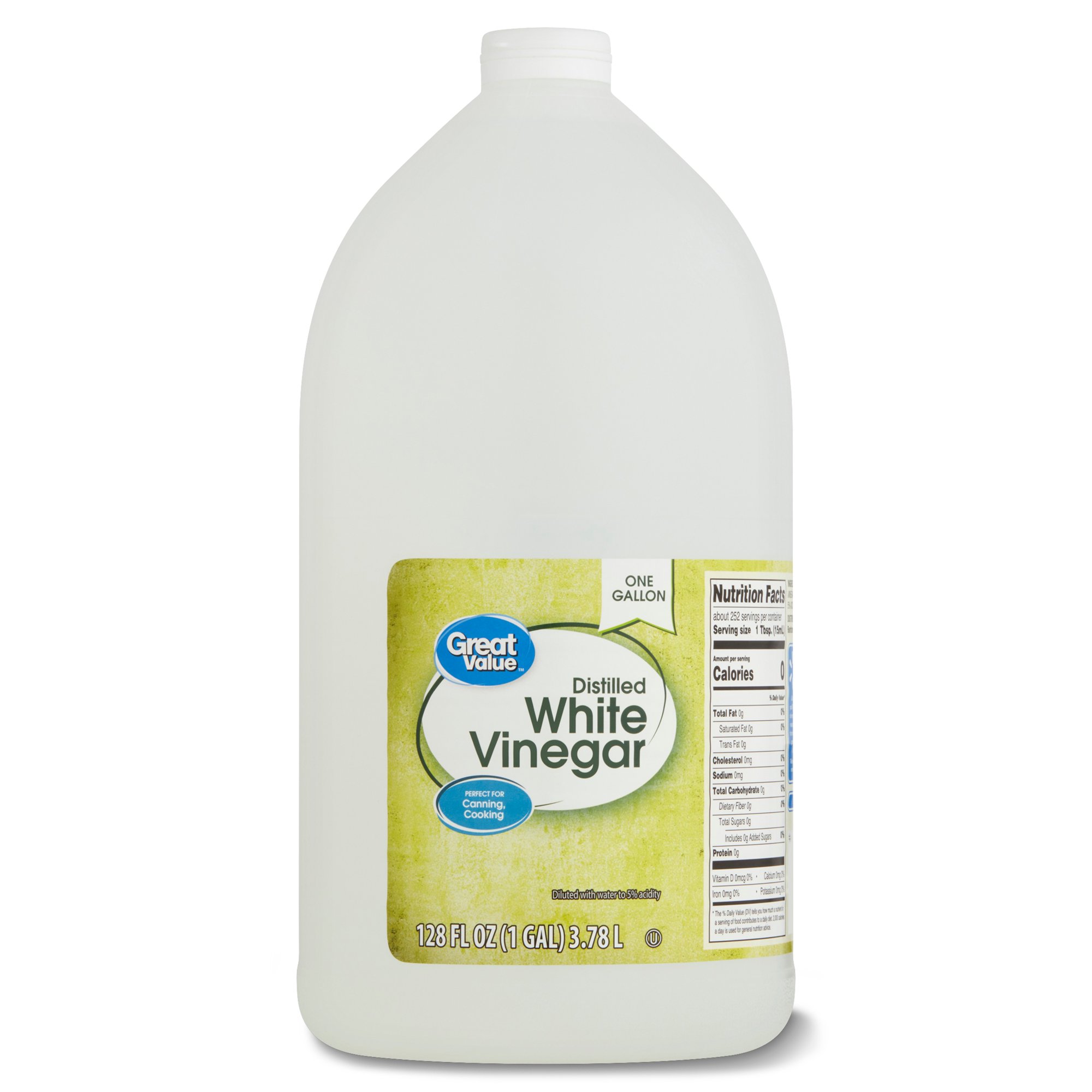
White vinegar is great for laundry, and can also be used for cleaning, sanitizing and shining surfaces all around the house.
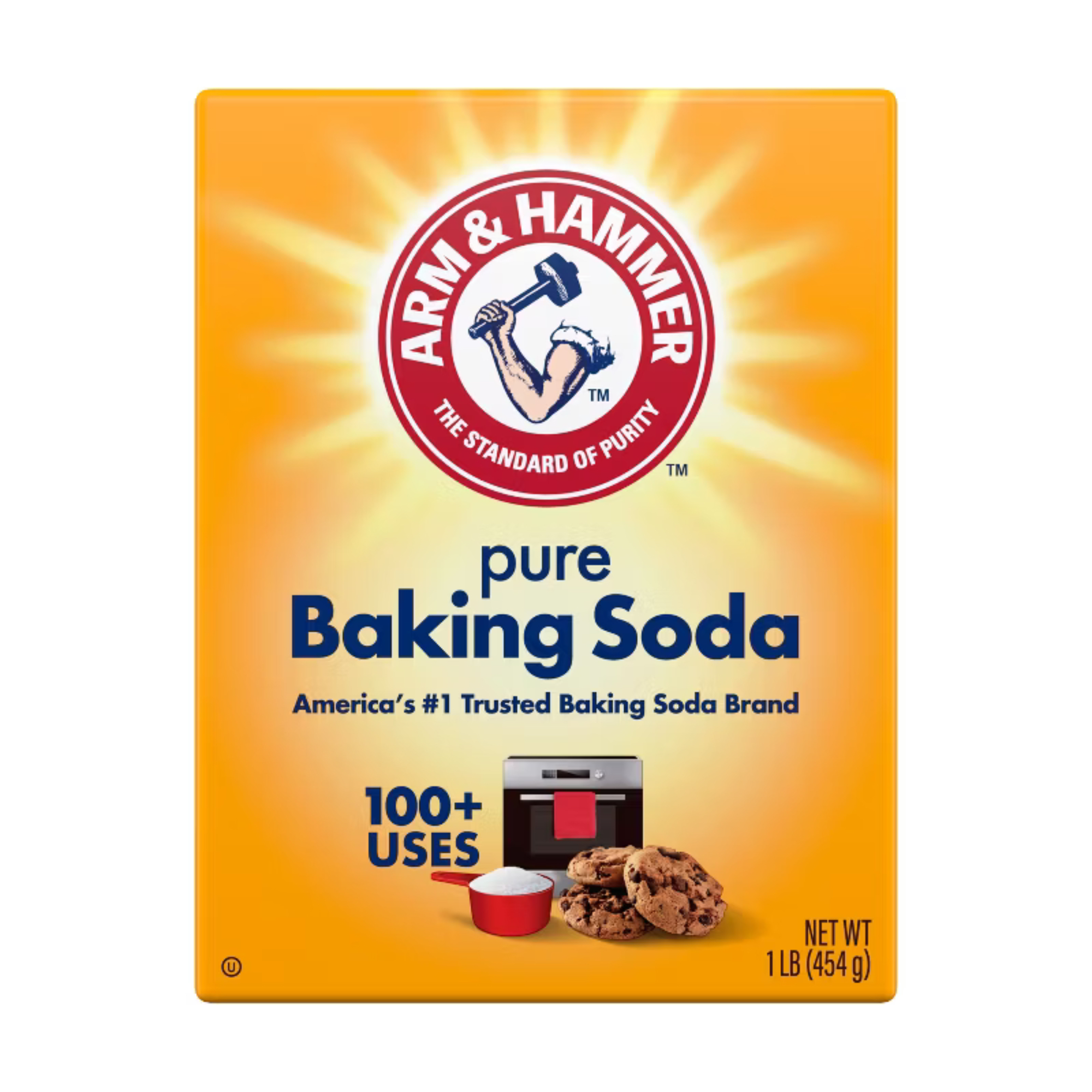
This baking soda has 100s of uses around the house, from cooking in the kitchen to eliminating odors in your closet.
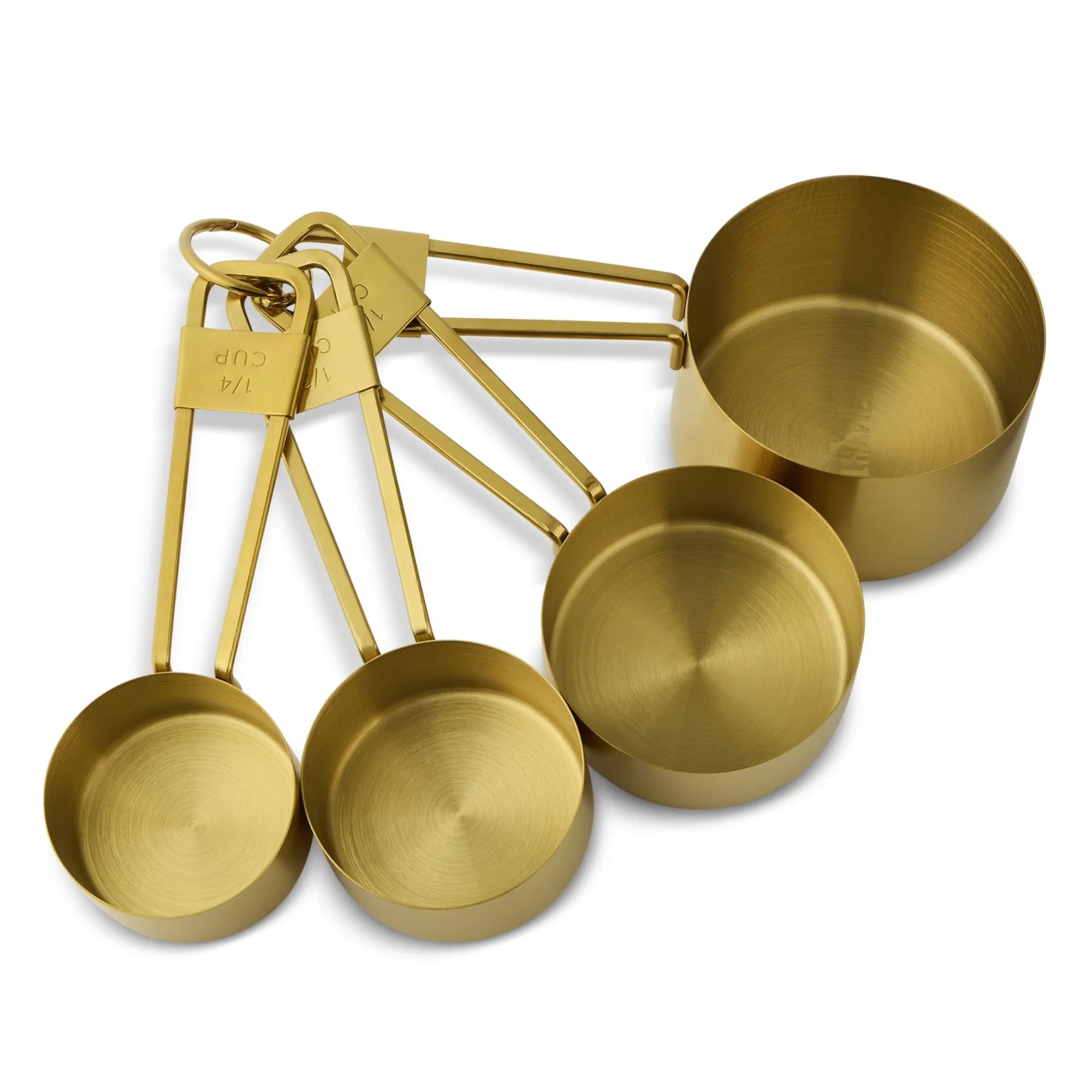
Just because you're not using detergent doesn't mean you shouldn't accurately measure out vinegar and baking soda, too. This set of measuring cups combines style with functionality, for a luxe look without the price to match.
4. There are excess suds in the washer

Too much detergent equals too many suds, which may result in improper rinsing and an excess of buildup in your machine
Chiana Dickson, content editor on Solved here at Homes & Gardens, recently cut down on laundry detergent and describes how now her 'clothes feel better than ever.' And, as laundry expert Alicia points out, 'Using too much detergent can create too many suds, leading to improper rinsing and buildup in your machine.'
So, if you notice excess suds and bubbles during a washing cycle, Alicia advises running an extra rinse cycle afterwards to remove any leftover detergent. She also recommends using a HE (high-efficiency) detergent if you have an HE machine, as they are designed to product fewer suds.
Laundry expert Tom adds, 'Also remember – many detergents today are formulated for use in both HE and Standard machines. Sometimes the manufacturer will specify different amounts of detergent based on the type of machine you're using,' to avoid excess suds.
And, if you're wondering if you can put dish soap in the dishwasher, the answer is no, as doing so leaves you at risk of clogged filters, damaged spray arms, short-circuits and control panel damage.
5. Your fabrics feel stiff and crunchy

Your fabrics should feel soft and fresh, not stiff and crunchy, as a result of your laundry detergent
Finally, even if you've used the right washer and dryer settings for softness, you might find your laundry feels stiff, crunchy, itchy or rough.
Laundry expert Alicia explains, 'This can be caused by the detergent residue left behind from using too much product or an insufficient rinse cycle.'
To combat this, rinse clothes again using cold water to remove excess detergent, and, as laundry expert Tom warns, don't be tempted to use fabric softener in laundry in this instance.
'These products are not necessary,' he says. 'They are filled with chemicals and leave a waxy film on laundry and can worsen the effects of using too much detergent.'
Instead, if you're not sure what to use instead of dryer sheets, try reusable dryer balls, such as the Cleancult Dryer Balls available at Walmart, or ditch dryer sheets for the natural essential oil dryer hack that Punteha van Terheyden, head of Solved, recently tried and loved. There are plenty of other ways to use essential oils in laundry, too, so they're a worthwhile investment.
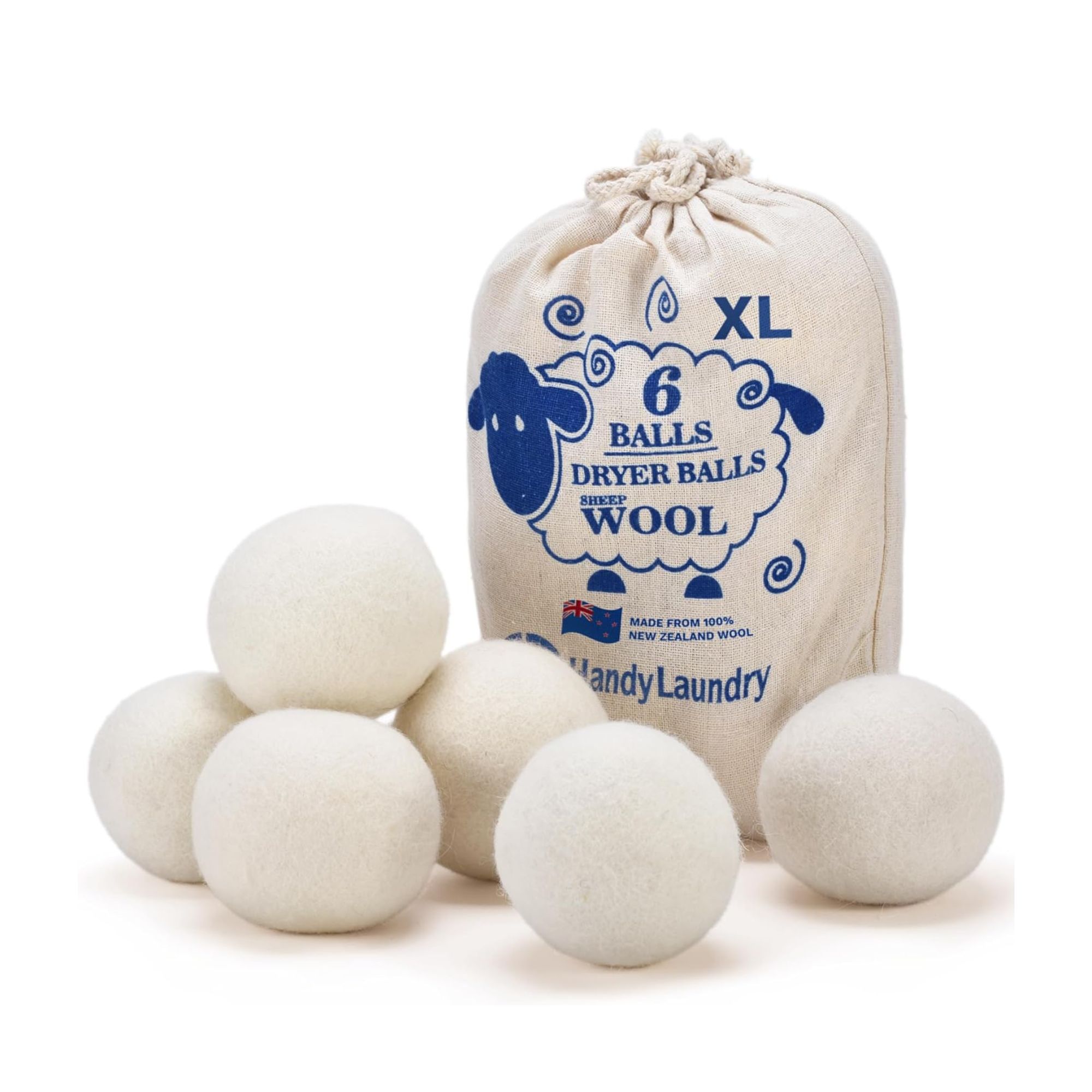
These all-natural wool dryer balls are made of 100% New Zealand premium wool, with no synthetic fillers. They also work to speed up drying times, helping to save energy when doing laundry.
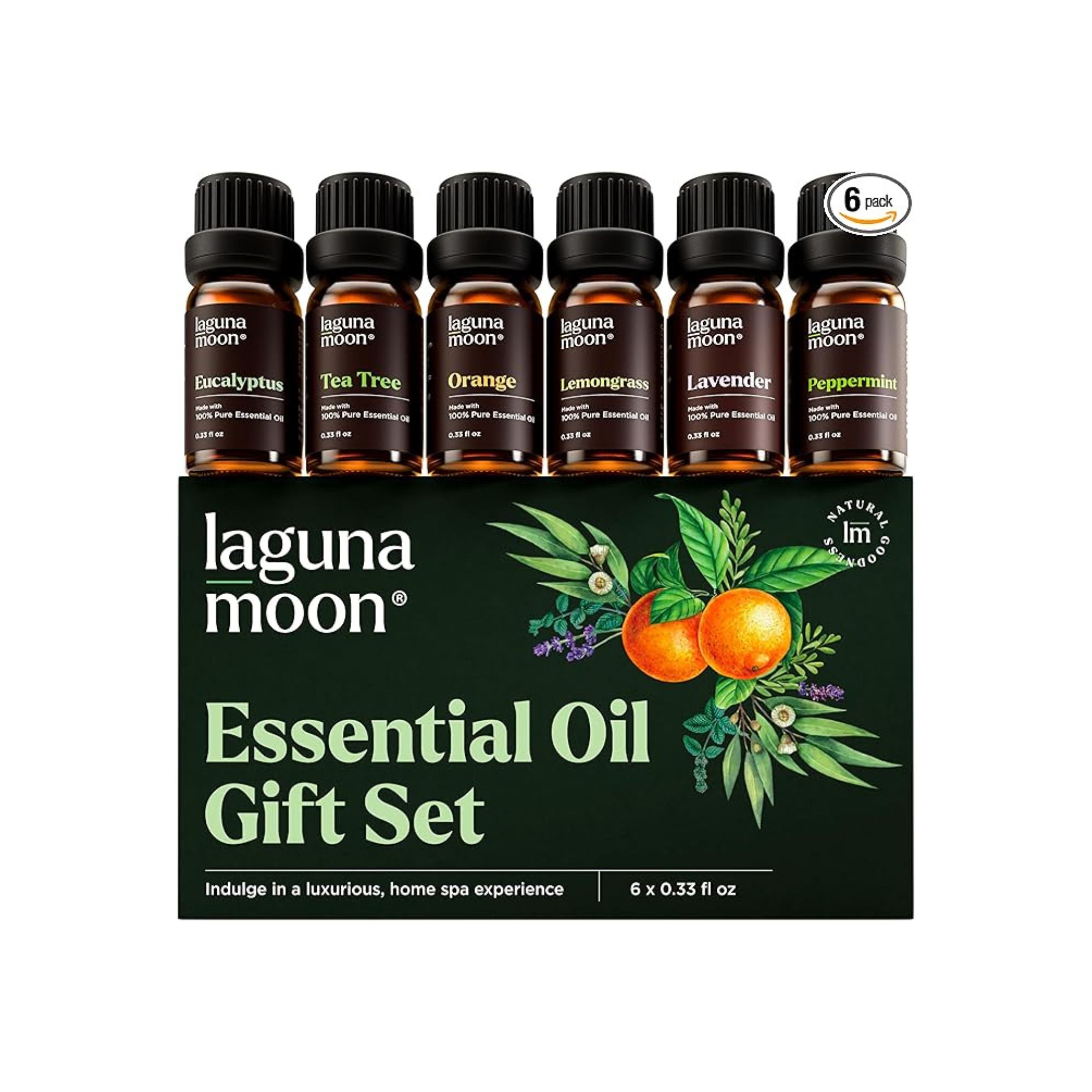
Experiment with scents to make laundry smell better, with these six blends of 100% pure essential oils.
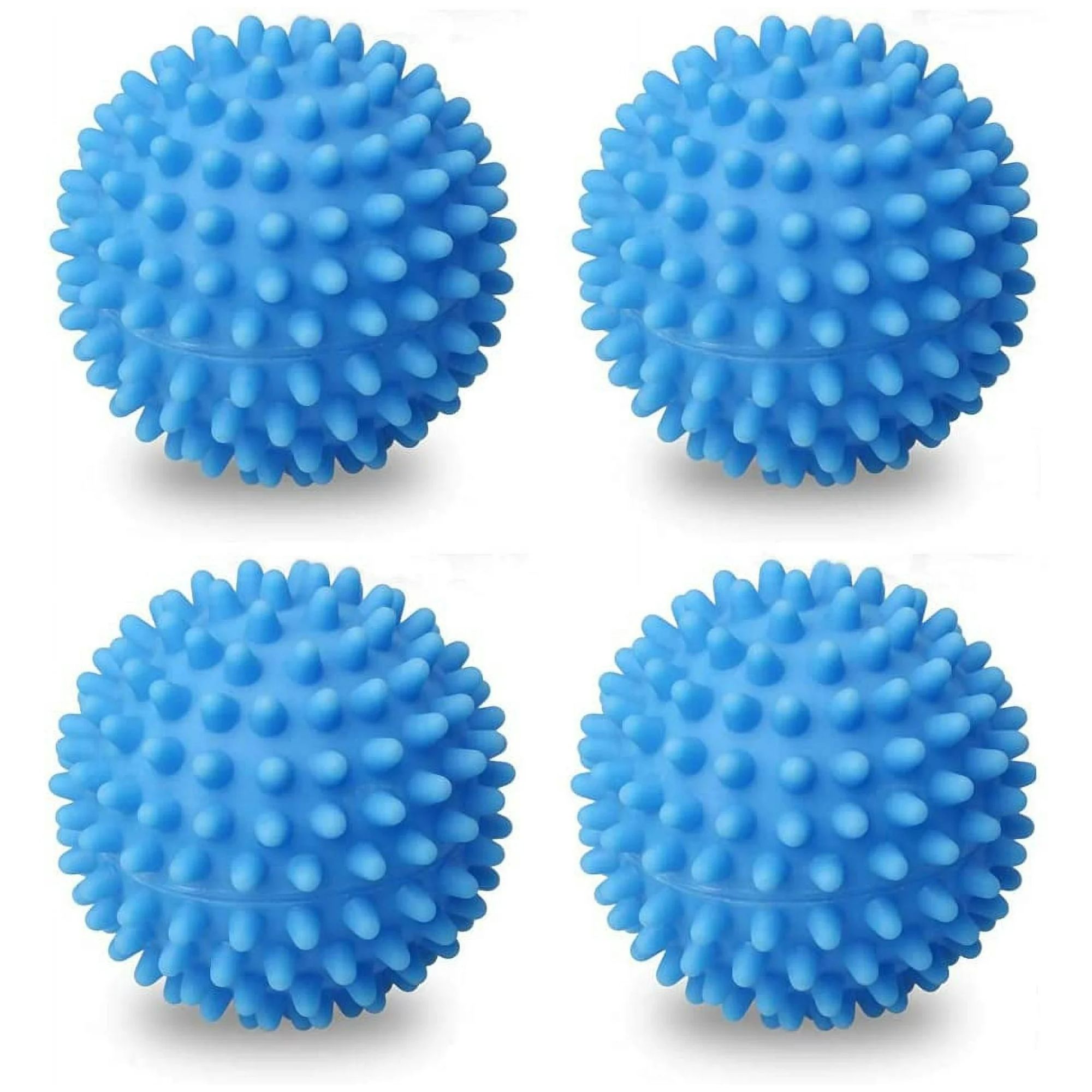
These plastic dryer balls fluff up fabrics and can be used again and again to reduce static and restore softness.
Meet our experts

Along with her husband, Alicia released AspenClean products to the public in 2018, with all-natural formulas to ensure healthy cleaning and minimal environmental impact. She also created the first detergent to be certified by the EWG.

Tom specializes in plant-based, all-natural detergents, that are free from harsh chemicals like sulfates and phosphates, cruelty-free, and specially formulated for sensitive skin and delicate fabrics like silk and wool.

As the president of Charlie's Soap, Taylor is specializes in formulating detergents which don't leave any traces of residue after a wash and rinse. As a family business, Charlie's Soap was first started back in 1976.
FAQs
Does using too much detergent make clothes smell?
It might seem counterintuitive, but going overboard with your detergent can lead to trapped bacteria in your fabrics, leaving your clothes smelling sour after washing. This is why it's so important to use the correct amount. It can also aggravate skin conditions such as eczema and feel itchy to wear.
Once it's soft and fresh, how do you keep your laundry smelling nice for longer? From using high-quality laundry products to storing laundry in a cool dry place, avoid bad odors with ease with our dedicated guide.
Next, learn why optical brighteners found in blue laundry detergent can be toxic to people and the environment, and what to use instead.

Ottilie joined Homes & Gardens in 2024 as the News Writer on Solved, after finishing a Master's in Magazine Journalism at City, University of London. Now, as the Sleep Editor, she spends her days hunting deals and producing content on all things sleep – from mattresses and sheets to protectors and pillows, all of which she tests in her own home. She also has particular expertise in home fragrance, covering everything from candles to reed diffusers.
Previously, she has written for Livingetc and Motorsport Magazine, and also has a Master's degree in English Literature and History of Art from the University of Edinburgh, where she developed a love for inspiring interiors and architecture.
